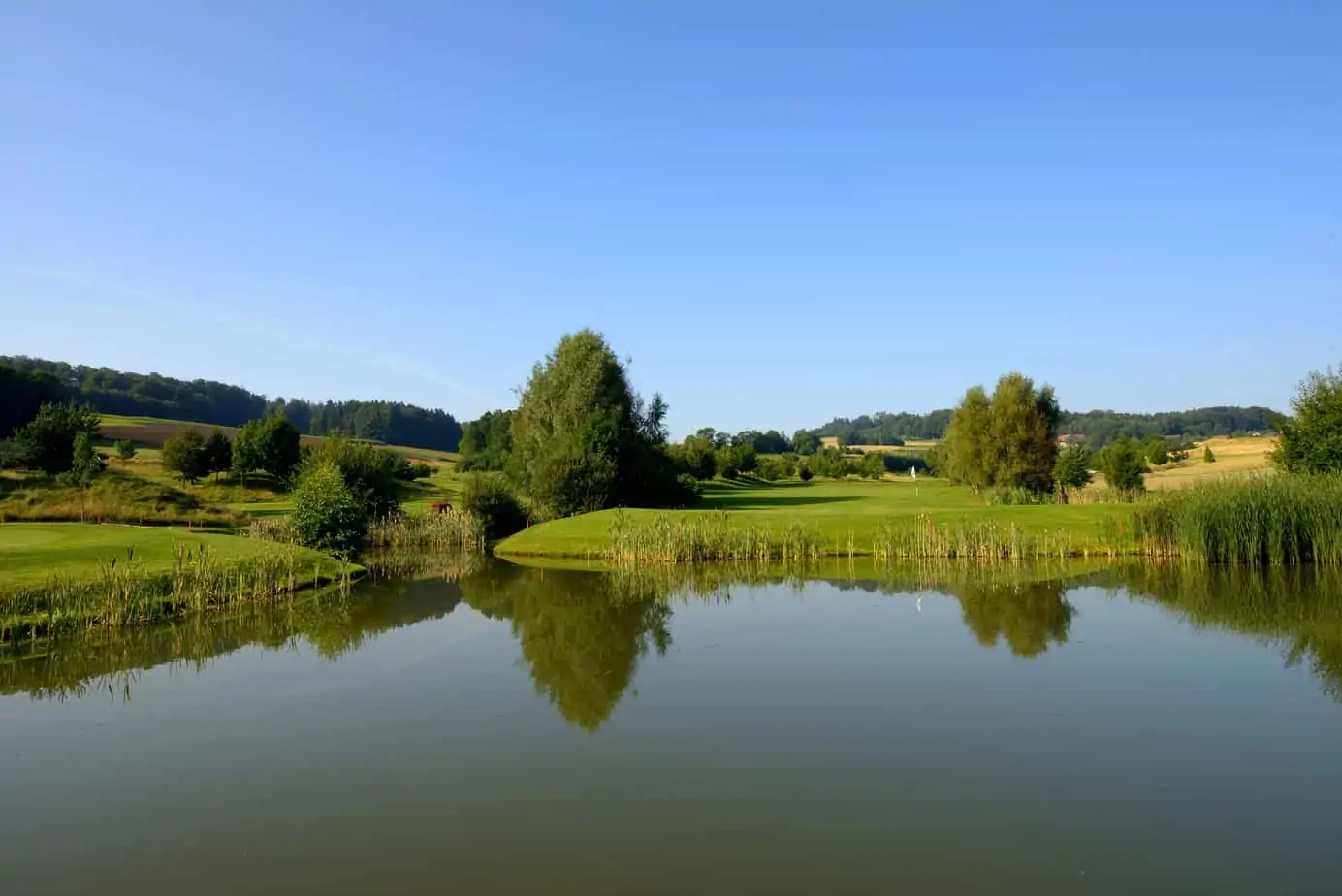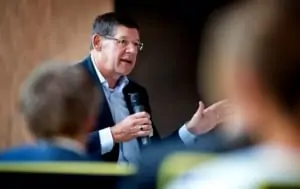Swiss Golf: “Green washing must not exist”
Jan Driessens is the President of the Sustainability & Golf Facilities Commission that created Swiss Golf. The Swiss Golf Association is thus emphasizing how important sustainability is to them.
Switzerland is a country that is overgrown with nature – how much does that affect the Swiss golfer’s perception of the game?
Driessens: The Swiss golfer is very sensitive to the subject, with golf courses being seen more and more as an added value for the landscape and spatial planning. All in all, the golf industry in Switzerland uses about 35 km², which can be compared to the size of Lake Zug.
Approval procedures and building regulations in Switzerland are relatively strict when it comes to golf course construction – what is the impact of golf in Switzerland on institutions?
Driessens: As part of the “Swiss Landscape Concept” working group, Swiss Golf is involved in developing the question of how the Swiss landscape will continue to be shaped. The authorities are increasingly realizing that golf courses can make a very positive contribution to spatial planning, precisely because they form a good balance to building zones. In general, one can say that municipal and cantonal politicians have only recognized in recent years how large and positive the contribution of golf courses is.
Does this make it easier to build new golf courses in Switzerland?
Driessens: There will hardly be any new golf courses in Switzerland anyway, not necessarily because of a lack of permits, but rather because there is an overcapacity of golf courses.
In which areas is Swiss golf particularly sustainable, and where does golf still have to learn?
Driessens: Our main topics are the reduction of pesticides and the reduction of water use. In general, we are very committed to resource conservation and also have good partners here, for example in Swiss Recycling or Pusch. Another key point in our sustainability commission is the increase in biodiversity. However, in golf we simply have to learn to communicate good approaches better, more transparently and more credibly.
Swiss Golf now has a sustainability commission, what can it change?
Driessens: For us, the GEO certification of the clubs is important, which is why Swiss Golf supports each course with 2,000 Francs for this certification. That corresponds to about 40 percent of the costs. Our goal is to have all golf courses certified by 2027. Swiss Golf doesn’t believe in the so-called “Green Awards”, but believes in certification according to international standards. The so-called “green washing” must not happen. We believe in “facts and figures”.
If you recapitulate the topic of sustainability for yourself – where could you as a golfer make the most contribution to more sustainability?
Driessens: First of all, not creating any waste and consciously dealing with everything that nature offers us. To make it easier for golfers to implement them, Swiss Golf has also established ten rules that make it easy for every golfer to implement them.









